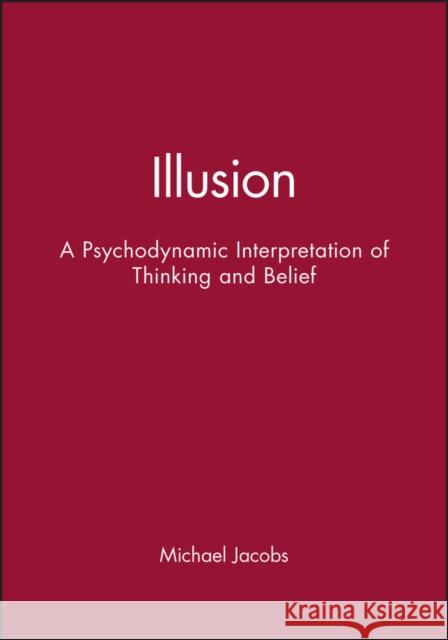Illusion : A Psychodynamic Interpretation of Thinking and Belief » książka
Illusion : A Psychodynamic Interpretation of Thinking and Belief
ISBN-13: 9781861562098 / Angielski / Miękka / 2000 / 154 str.
The ways we know, think and believe about a whole variety of key areas - different forms of discourse, psychotherapy as well as religion - have much more in common than is usually perceived. In preference to Freud's idea that illusions are the expression of wish-fulfilment, the author of this study uses Winnicott's concept of illusion, as a life-long, ever-changing way of coping with the anxiety of gaps and space. Through a series of parallels running across different disciplines, Michael Jacobs demonstrates the possible analysis of modes of thinking and belief, from intuitive pre-thinking, through authority-driven thinking and belief, and personal and polymathic knowledge, to un-knowing, the last concept being one that is shared by Bion, Winnicott and a major mystical tradition. Using this theoretical model the book provides a map to how clients (and indeed therapists) might think and believe, suggesting ways in which they may be supported as they shift through different modes, with all the anxiety that disillusionment brings.











